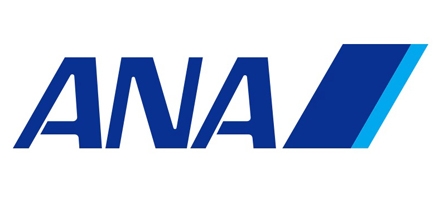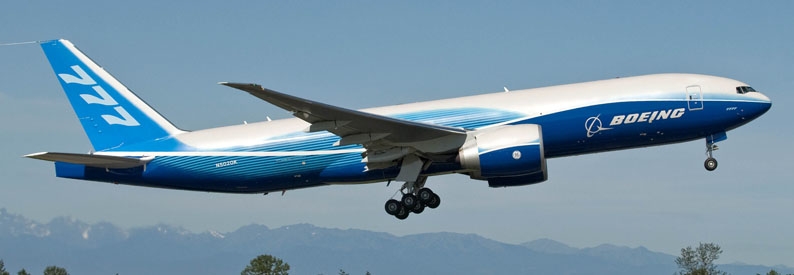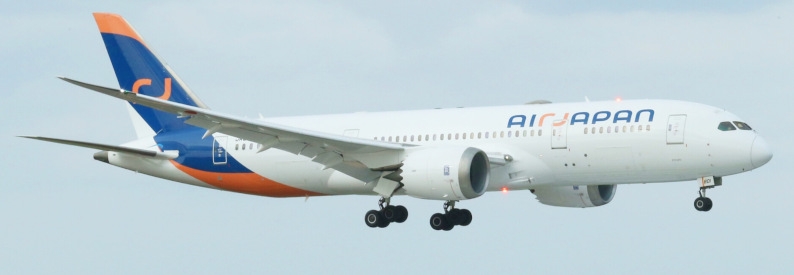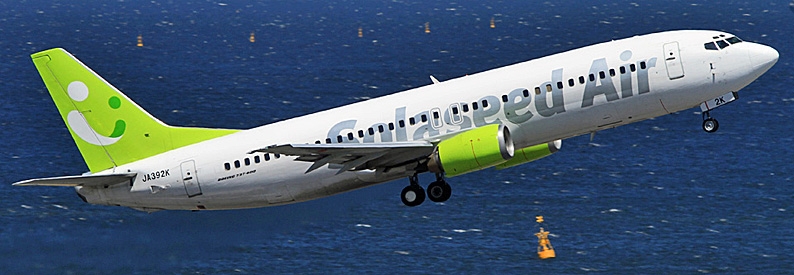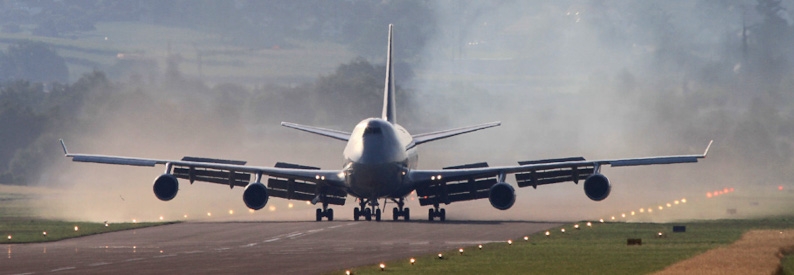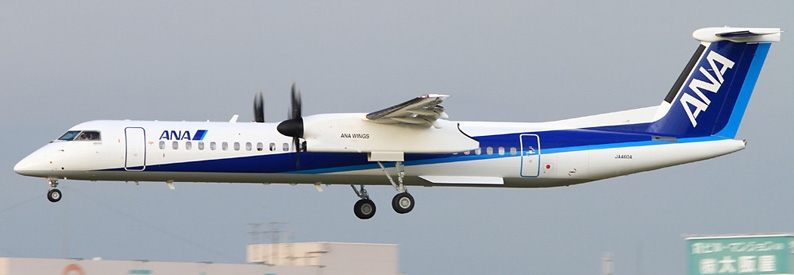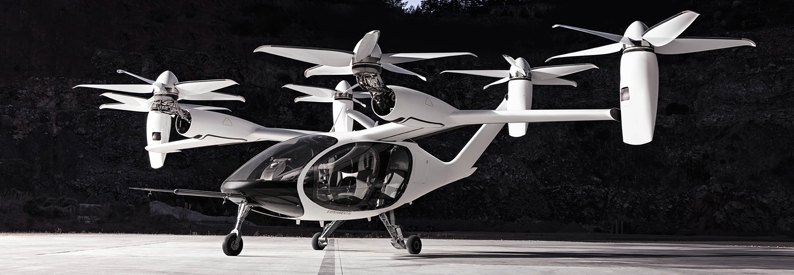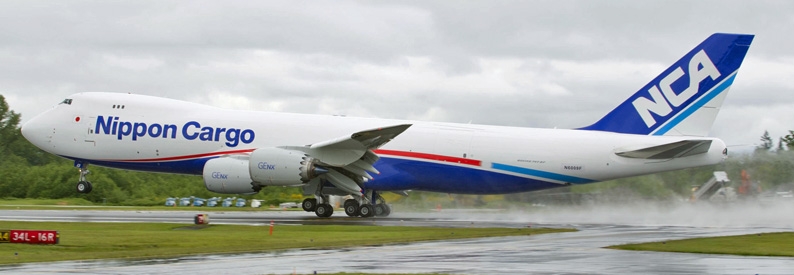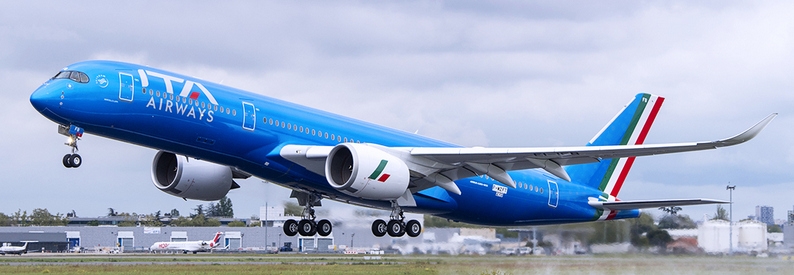ANA - All Nippon Airways (NH, Tokyo Haneda) and fellow Star Alliance carrier Singapore Airlines (SQ, Singapore Changi) are hoping to sign a Joint Venture (JV) agreement by the end of this month, with the arrangement anticipated to launch in 2021 once the airlines receive the green light from antitrust authorities, the Nikkei Asian Review has reported.
The two airlines have a long-standing codeshare, but the JV will allow them to coordinate schedules, networks, fares, inventory and pricing. Both airlines see the advantages of joining forces to combat the encroachment of low-cost carriers (LCC) in the region, as well as allowing them to better take on Middle Eastern players like Emirates (EK, Dubai International) and Qatar Airways (QR, Doha Hamad International) in terms of retaining Asia-Europe traffic.
For the Japanese carrier, the link-up, if approved, will be its third JV, joining existing agreements with United Airlines (UA, Chicago O'Hare) and Lufthansa (LH, Frankfurt International). Singapore Airlines (SIA) currently has similar partnerships with Air New Zealand (NZ, Auckland International), SAS Scandinavian Airlines (SK, Copenhagen Kastrup), and Lufthansa.
ANA is the largest airline in Japan by both revenue and passenger numbers. However, it is expected to gain significant benefits from its tie-up with SIA, as it joins forces with a carrier that carried more international passengers than any other airline in Southeast Asia in 2018, transported twice as many total passengers as ANA and generated nearly four times the annual revenue.
In terms of capacity on the trunk route between Singapore Changi and Tokyo Haneda and Tokyo Narita, there are currently four airlines operating on the city pair:
- ANA - Haneda-Singapore 2x daily; Narita-Singapore 2x daily;
- SIA - Haneda-Singapore 4x daily; Narita-Singapore 2x daily;
- JAL - Japan Airlines - Haneda-Singapore 2x daily; Narita-Singapore daily;
- Scoot - Narita-Singapore daily via Bangkok Don Mueang and 12x weekly via Taipei Taoyuan;
According to a report in Singapore's Straits Times newspaper, the deal is limited initially to flights between Japan and countries including Singapore, Malaysia, Indonesia, India and Australia.
JAL and Malaysia Airlines (MH, Kuala Lumpur International) are planning to establish a joint business agreement (JBA) later this year after the Malaysian Aviation Commission (MAVCOM) and Japan`s Ministry of Land, Infrastructure, Transport and Tourism (MOLIT) both granted the tie-up antitrust immunity in December.
- Type
- Base
- Aircraft
- Destinations
- Routes
- Daily Flights
